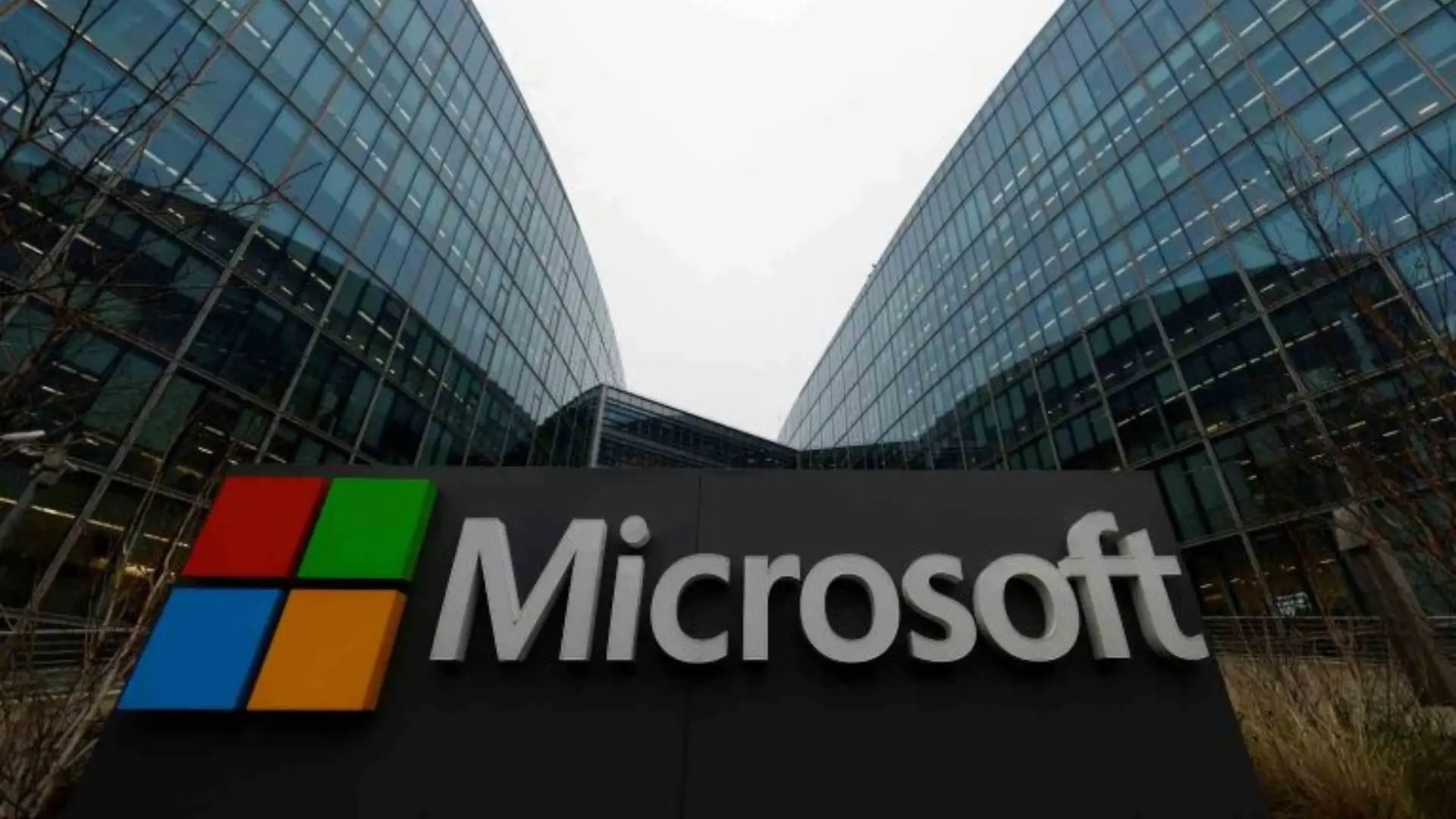
Microsoft is dramatically stepping up its investment in proprietary AI chip clusters as part of a push for “self-sufficiency in AI,” CEO Mustafa Suleyman announced in a Thursday town hall, marking a shift away from exclusive reliance on external hardware providers (Business Insider). The move follows a new non-binding agreement with OpenAI that enables the ChatGPT maker’s for-profit restructuring and signals a recalibration in their partnership (NY Times).
Pursuing AI Independence
Suleyman stressed the necessity for a company of Microsoft’s scale to own its AI infrastructure: “We should have the capacity to build world-class frontier models in-house of all sizes, but we should be pragmatic and use other models where we need to.” Currently, Microsoft’s flagship MAI-1-preview model was trained on just 15,000 Nvidia H100 chips—a “tiny cluster” compared to rival models from Google, Meta, and xAI, which use up to ten times more hardware (Semafor).
Microsoft’s custom AI chip program, announced in late 2023, is internally code-named “Braga” and part of the broader Maia chip series, though production setbacks mean volume rollout is now slated for 2026 instead of 2025 (Electronics For You).
Partnership and Strategic Rebalancing
Despite the aggressive internal push, CEO Satya Nadella reiterated Microsoft’s continuing commitment to OpenAI: “We have a very good partnership with OpenAI. We’re very excited to continue to work with them, support them. And at the same time, we were very clear that we also want to build our own capabilities.” Microsoft has expanded its external partnerships, integrating Anthropic’s models into 365 applications for tasks where they outperform OpenAI’s technology.
OpenAI’s nonprofit arm will retain control, with a new memorandum of understanding granting over $100 billion in equity, further formalizing ties but allowing operational independence around core model development (NY Times).
Infrastructure Expansion and Market Position
Microsoft’s fiscal 2025 AI infrastructure spending is projected to reach $80 billion, over half within the United States, with aggressive scaling planned for data centers and chip clusters (Benzinga). Its first in-house models, including MAI-Voice-1 and MAI-1-preview, have launched, though the latter ranks just 24th on the LMArena leaderboard—suggesting Microsoft’s roadmap for chip investment and AI model scaling is only just beginning.
With production delays and competitive pressure from Google and Amazon’s custom silicon initiatives, Microsoft’s pivot to its own AI chips signals a sustained effort to secure leadership in both AI infrastructure and frontier model development.












Your article helped me a lot, is there any more related content? Thanks! https://accounts.binance.info/da-DK/register-person?ref=V3MG69RO